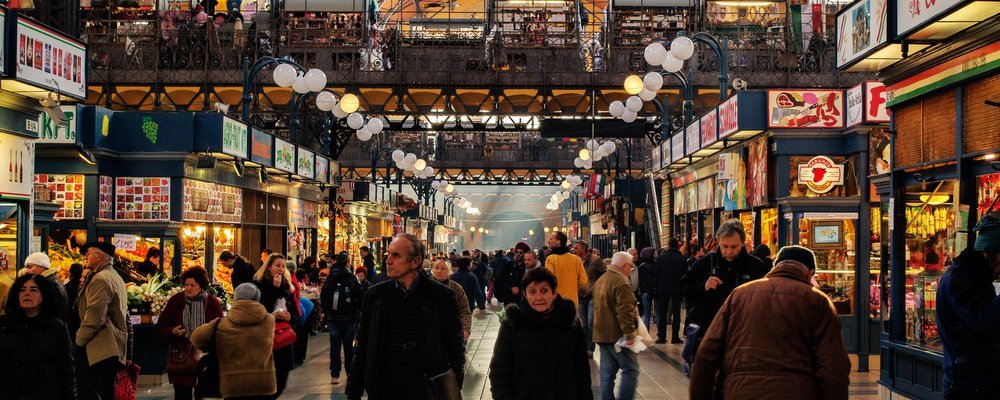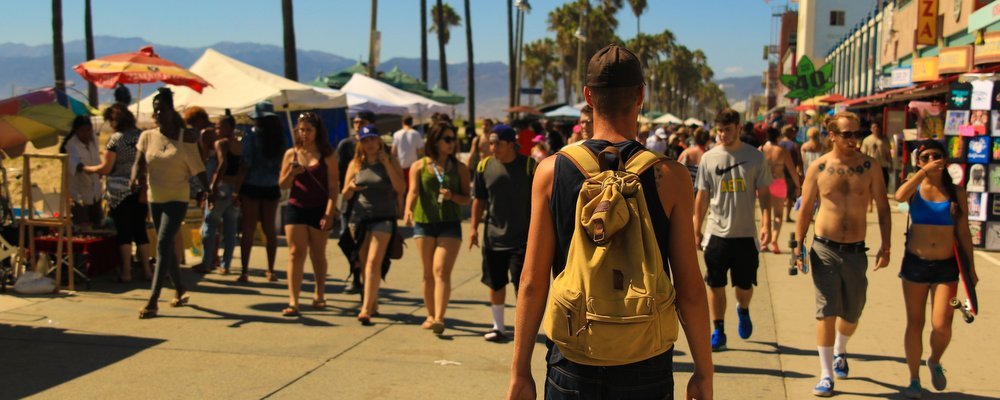Just because you’re on holiday doesn’t mean that you’re not vulnerable to everyday dangers. In fact, you’re more likely to have an accident on holiday if you jet off with the attitude that normal precautions don’t apply. You’re in a new place, perhaps surrounded by people who speak a different language, and you are much more likely to take risks than you are at home. Whenever you travel take basic provisions for your safety by following our simple safety tips for travellers.
Always ensure that someone knows where you are
It’s easy to get swept up in the excitement of travelling and organise several day trips or decide to drive off by yourself to discover more of the local area. Always ensure that you make someone aware of your plans, just in case you get into trouble whilst exploring, especially if you are travelling alone. Leave a detailed itinerary of your trip with a close relative or friend, and check in regularly with them during your time away. If you make any spur of the moment decisions, ensure that you let someone responsible know where you are going and what time they should expect you back.

Only use reputable transportation
If you are hiring a car, do your research ahead of time and book it through a trustworthy company. If the vehicle they offer you doesn’t appear to be safe and doesn’t have seatbelts, don’t get inside it. With public transportation, look into the safety records of the companies you will be using and avoid buses and trains with a bad history of accidents. Stay clear of rickshaws, quad bikes and mopeds, as you are more likely to have an accident.
Be mindful of your surroundings
When you’re on holiday you want to take photographs of all of the new places that you experience, but be wary about using your phone or camera. If other tourists around you are keeping their technology safely tucked away, it’s probably for a good reason. Only flaunt your valuables if you feel that you are in a safe environment.

Know the emergency numbers
In the unlikely event of an emergency, the first thing that you will do is reach for your phone to contact the emergency services. In the heat of the moment, it’s easy to forget the local emergency number. Research ahead of time and save all of the numbers that you might need to use for emergency services or embassies and save them as a ‘favourite’ on your phone for easy access.
Consider the escape route from your hotel
Be prepared for the worst case scenario by ensuring that you know how to quickly leave your hotel in the event of an emergency. Memorise the route to the fire escape, check that all your windows and doors open easily just in case you need to make a quick escape, and consider alternative escape routes in case one way is blocked.
Keep a copy of your passport
One of the worst things that you can lose whilst travelling is your passport, requiring lengthy and expensive forms of replacement. Be prepared by scanning a copy of your passport prior to your trip and emailing it to yourself so that you can save it on your phone. If your passport is lost or stolen, this will greatly ease the process or arranging for a replacement, and could also be useful if an incident prevents you from returning to your hotel.
Keep your cash and credit cards separate
Avoid keeping all of your valuables in the same pocket or compartment of your bag, in case you are targeted by pickpockets. If you split up your cash and credit cards, chances are that a thief will only manage to steal one of them, rather than everything. Try to keep your money and other valuables in concealed pockets, preferably on the inside of garments or bags, and definitely not in your back pocket.















